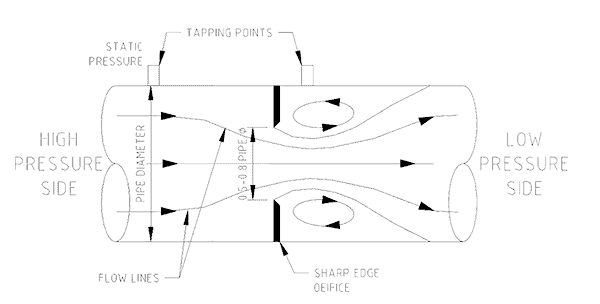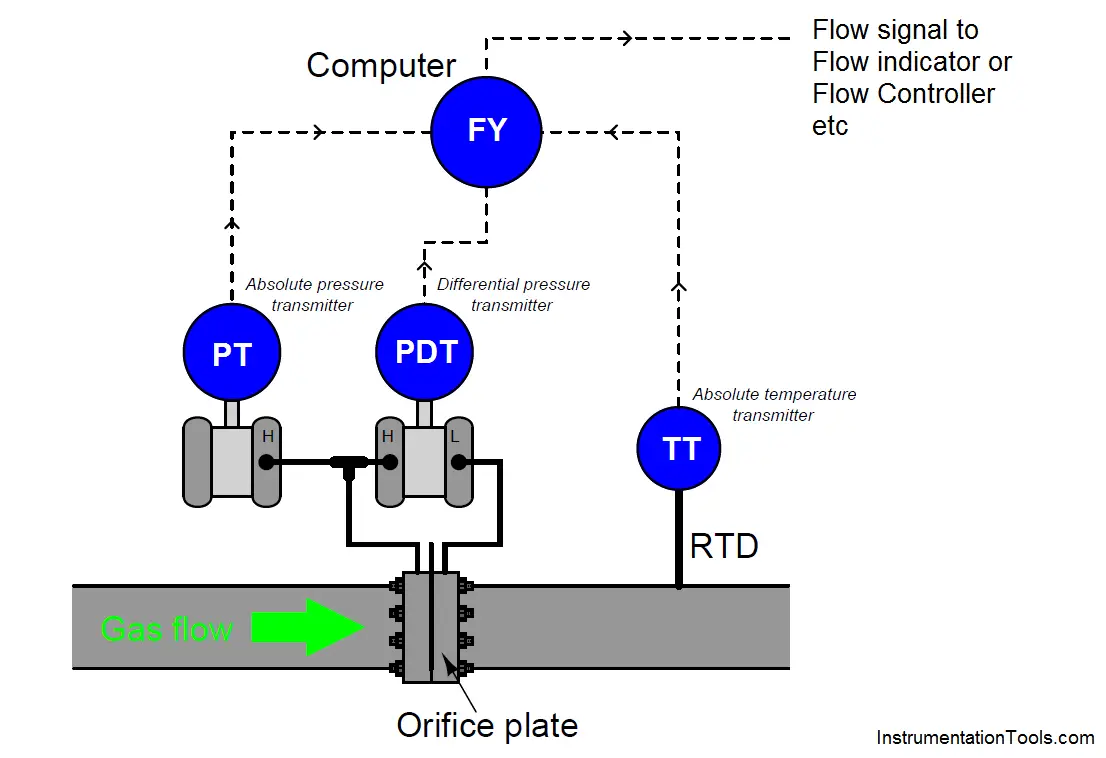
When working in metric units, liquid specific gravity is related to water at 15☌ (density of water at 20☌ is 0.99823 grams/cm³). For liquids, the specific gravity is related to water, for gases to air. Note: See BN-SP-K1 Specification for Instrumentation.įillin the specific gravity at base conditions as specified under Nos.

Some accepted European base temperatures are: 4: BASE TEMPERATURES: (see also note below)įillin the common base temperature to which all measurements in the plant are referred.Īgreement with client necessary. This again is to be agreed upon with the client.Ĭommon accepted base, pressures are 14.70 psia, 760 mm Hg and 1 Kg/cm☪. 3: BASE PRESSURE: (see also note below)įillin the common base pressure to which all measurements in the plant are referred. These units may be different from the units in which normal flow is given. These units should be agreed upon with the client and are generally specified in the applicable general specification for instrumentation. 2: MEASUREMENT UNITS: (see also note below)įillin the units of measurement in which the client requires the meter to read. 1: FLUID: Fill in process fluid flowing through the orifice. The same numbers appear on the calculation sheets for reference. INSTRUMENTATIONS : The instructions are numbered 1 to 30.
Orifice flow meter calculation iso#
Moreover the draft ISO recommendation No. LK Spink, 8th edition, and is in accordance with AGA-ASME standards, and the AGA gas measurement committee reports numbers 2 and 3.

GENERAL : The method of the orifice plate calculations mentioned above is based on: “Principles and practice of flow meter engineering” by SCOPE : This standard gives instructions for the use of Company orifice plate calculation sheets : Appendix A, Calculation of Compressibility FactorsĪppendix C, Additional Specifications for Maximum Metering AccuracyĪppendix D, Conversion Formulae for Orifice MetersĪppendix E, Calculation of Meter Maximum Flow, When Orifice Bore Is Given


 0 kommentar(er)
0 kommentar(er)
